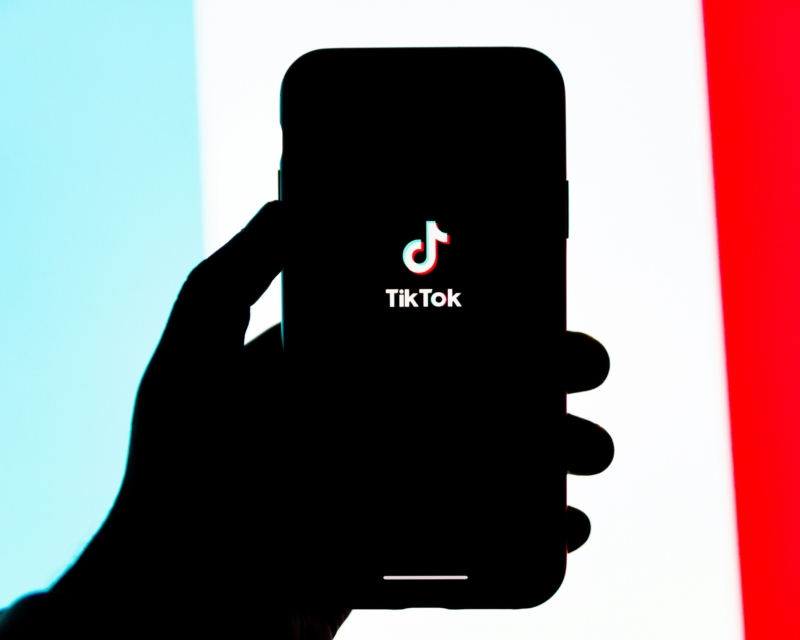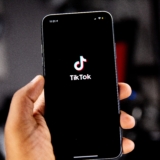TikTok Bill Faces Severe Backlash from Gen Z
In a striking display of grassroots activism, Congress finds itself inundated with ‘thousands’ of phone calls from impassioned youth following the advancement of a TikTok bill. Representative Chip Roy, a key figure in the legislative process, revealed the surge in civic engagement, signaling a seismic shift in how the younger generation wields its political influence.
The bill in question, aimed at addressing concerns surrounding privacy and security on the popular social media platform, cleared a significant hurdle by advancing out of the House Energy & Commerce Committee. What’s remarkable, however, is not just the bipartisan support it garnered but the fervent response it elicited from young Americans across the country.
For too long, conventional wisdom relegated youth engagement to the sidelines of political discourse, dismissing their voices as inconsequential or apathetic. Yet, the events unfolding in Congress challenge this narrative, offering a glimpse into the burgeoning power of the youth demographic.
Social media platforms like TikTok have emerged as potent tools for activism, galvanizing young people to mobilize around issues that resonate with them. Whether it’s advocating for environmental sustainability, racial justice, or digital privacy, today’s youth are harnessing the digital realm to amplify their voices and effect meaningful change.
Representative Roy’s revelation underscores the urgency of embracing youth activism as a force for positive transformation. Instead of dismissing their concerns or patronizing their efforts, policymakers must recognize the legitimacy of youth perspectives and engage them as partners in shaping the future of our democracy.
Moreover, the bipartisan support for the app bill exemplifies the potential for collaboration across party lines, transcending political divisions in pursuit of common goals. In an era characterized by partisan gridlock and ideological polarization, moments of unity offer a glimmer of hope for effective governance and meaningful progress.
As Congress grapples with the complexities of modern governance, it must heed the call of the youth and prioritize legislation that reflects their values and aspirations. The TikTok bill serves as a testament to the power of grassroots activism and the enduring spirit of civic engagement.
In the face of daunting challenges, from technological disruptions to global crises, our collective future depends on fostering an inclusive and participatory democracy. The wave of phone calls flooding Congress is not merely a blip on the political radar—it’s a harbinger of a new era of youth activism, one that demands to be heard and heeded. As stewards of democracy, let us embrace this momentum and work together to build a brighter, more inclusive future for all.





